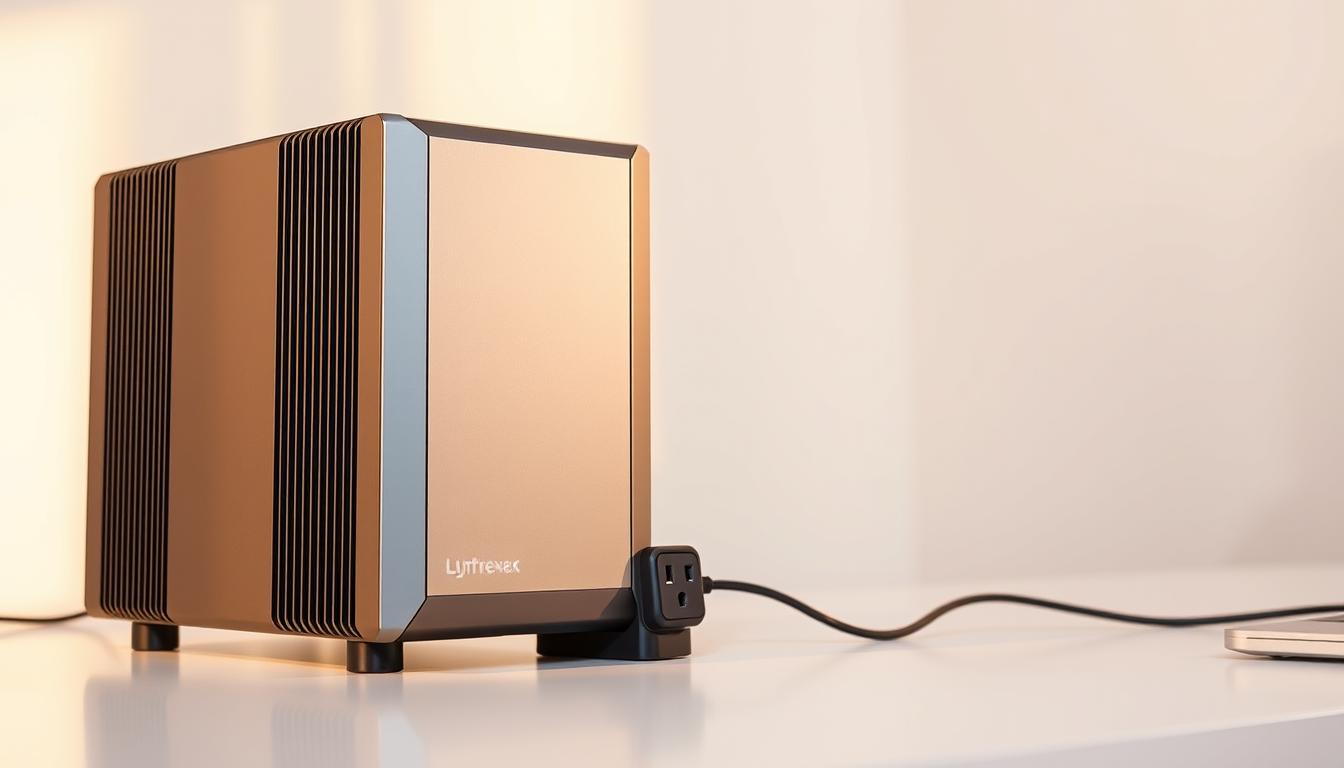In a time when speed is key and instant feedback is necessary for people to be productive, waiting a few seconds, or even more, for AI results can be annoying. If you’ve ever wondered, “Why is my ChatGPT so slow?”, you’re not alone. This post investigates the most frequent sources of slowness, technical idiosyncrasies, and how to increase the responsiveness of ChatGPT on different devices and platforms.
Understanding the Performance of ChatGPT
How ChatGPT Processes Your Input
Before we even dig into the performance issues, it’s worth taking a step back to look at how ChatGPT processes your query:
- Input Encoding: Your message is tokenized into smaller pieces.
- Model Computation: The model generates an output based on patterns.
- Decoding & Response Rendering: The final answer is assembled and returned.
Each of these steps requires computational power, memory, and bandwidth.
Local Device vs Cloud-Based Performance
Since ChatGPT runs in the cloud, your local hardware doesn’t influence the AI’s actual thinking speed. However, your device can impact display speed, browser rendering, and network interactions.
Top Reasons Why ChatGPT Is Slow
Network and Connectivity Issues
Often, the issue is not with the AI itself but with the internet connection.
Common causes:
- Slow Wi-Fi or mobile data
- High network congestion
- VPN or proxy latency
- ISP throttling
Solutions:
- Run a speed test to confirm your internet stability.
- Switch to a wired connection or more reliable network.
- Disable VPN temporarily to test performance.
Server Load and High Traffic
During peak hours, OpenAI’s servers experience higher traffic, leading to throttled responses.
You can check OpenAI’s status page for real-time server health.
Browser-Related Bottlenecks
Some browsers or browser extensions do not agree with the ChatGPT’s interface
Tips:
- Use a modern browser such as Chrome, Edge or Firefox.
- Disable unnecessary extensions.
- Clear cache and cookies.
Device and Platform Performance Factors
Is the ChatGPT App Slow on Mobile?
Users often report ChatGPT being slow on smartphones due to:
- Background app usage
- Low RAM availability
- OS updates pending
Optimizing Performance on Android and iOS
- Close unused apps
- Keep the ChatGPT app updated
- Restart your device to clear memory
For more blogs and insights on the digital world, visit Technologiia.com.
Subscription Plan Differences
Is ChatGPT Plus Faster Than Free Tier?
Yes. OpenAI prioritizes Plus users with:
- Reduced queue times
- Access to GPT-4-turbo
- Improved response speeds during peak hours
Free Tier Limitations
Free-tier users might experience delays due to:
- Limited resource allocation
- Server-side queueing
- API throttling under load
System and Browser Configuration Tweaks
Clearing Cache and Local Storage
Temporary browser files can build up and slow down response rendering.
Steps to Fix:
- Clear browser cache
- Disable heavy extensions (like grammar checkers)
- Use Incognito mode for a clean slate
Switching Browsers or Devices
Some browsers are better optimized for JavaScript-heavy apps like ChatGPT. Try switching to another browser or use the ChatGPT mobile app for better results.
External Services and Integrations
Using ChatGPT via Third-party Tools
If you’re using ChatGPT through services like Notion, Zapier, or other integrations, performance depends on multiple APIs.
Delays may be caused by:
- Middleware latency
- Poor integration setup
- Expired tokens or sessions
Recommendations:
- Ensure tokens are valid
- Minimize API call chains
- Use native interfaces where possible
AI Model Limitations and Backend Load
Understanding Token Limits and Long Conversations
Each ChatGPT session has token limits (e.g., 128k tokens for GPT-4-turbo). Long sessions can slow down performance.
Fixes:
- Start a new chat to clear token memory
- Avoid overly long prompts or responses
Model Size and Response Generation Time
Bigger models like GPT-4-turbo take slightly longer to generate highly accurate responses.
If you’re using a powerful version, a few extra seconds are a trade-off for quality.
Tips to Improve ChatGPT Speed
Quick Fixes for a Faster ChatGPT Experience
- Use ChatGPT during off-peak hours
- Upgrade to the Plus plan if using frequently
- Keep browser and app updated
- Disable unnecessary system processes
Contact Support if Persistent
If the issue persists, contacting OpenAI support can help diagnose account-specific or technical problems.
Final Thoughts: Performance vs. Power
If you’re ever asking yourself “why is my ChatGPT so slow,” keep in mind that you’re doing this with one of the most advanced AI systems on the planet. While the delays can sometimes be inconveniences, they typically result from solvable problems such as internet speed, browser clutter or server traffic.
When you are able to deeply understand the cause of it, be it on a system-level sluggishness, a network latency, a server overload, then you have already won a big chunk in making an amazing user experience. With some pretty simple customizations, you can get your time spent with ChatGPT to be efficient and pleasant.



